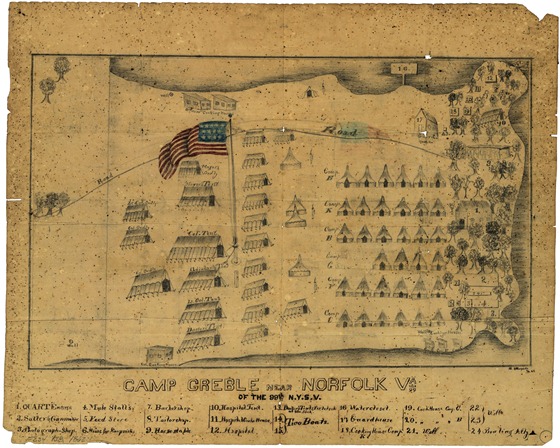September 2.—The following order was issued from the War Department at Washington:
“By direction of the President, Major-General McClellan will have command of the fortifications at Washington, and of all the troops for the defence of the capital.”—Gen. Wright, commanding Department of the Ohio, issued an order from his headquarters at Louisville, Ky., proclaiming Jefferson County in that State, to be under martial law.
—The greatest excitement existed in the cities of Cincinnati, Ohio, Covington and Newport, Ky., in consequence of the reported approach of the rebel army under Gen. E. Kirby Smith. General Wallace assumed command, and issued a proclamation declaring those cities to be under martial law. All business was suspended. Saloons were closed and liquor of all kinds was forbidden to be sold. The ferry-boats were stopped. The inhabitants, including judges and clergymen, met in public places, formed themselves into companies, and began to drill in readiness for military duty. A large force was being gathered together by Gen. Wallace with which to meet the enemy should he make his appearance.
—The Thirty-sixth regiment of Massachusetts volunteers, under the command of Colonel Henry Bowman, left Worcester for the seat of war.—The rebel sloop John Thompson, was captured by the United States bark Restless, Lieut. Edward Conroy commanding.
—This morning at four o’clock a train of one hundred wagons, with commissary stores, was intercepted by the rebels between Fairfax and Centreville, Va., and driven off toward Manassas before the party could be overtaken. They secured the entire train. So soon as this raid in the rear of the National army at Centreville was known, the necessity of guarding that direction became apparent, and at noon the whole army of Virginia abandoned Centreville, and massed northeast of Fairfax Court-IIouse. At noon they again took up the line of march, and this evening the advance was in sight of Munson’s Hill. The enemy’s cavalry followed them in the distance, but made no attack, and the entire movement was being accomplished in excellent order. (Doc. 104.)
—A large force of rebel cavalry under General Scott, entered and occupied Versailles, Ky.— Louisville Journal, September 1.
—A fight took place at Morganfield, Ky., between a force of Union troops under command of Col. Shackleford, Eighth Kentucky cavalry, and a body of rebel guerrillas under Col. A. R. Johnson, resulting in a rout of the latter with considerable loss.
—A. S. Paddock, Acting Governor of the Territory of Nebraska, apprehending an attack by the hostile Indians on the frontier settlements of that territory, issued a proclamation calling upon the citizens of the organized counties of the territory to enroll themselves in accordance with previous instructions, and that all organized companies should meet as often as practicable to perfect themselves in drill, that they might be prepared for any emergency.
—The chiefs of the Wisconsin Chippewa Indians, Naw-gaw-nub and Shin-gwack, sent a letter to Gov. Ramsey of Minnesota, offering their services in putting down the hostile Sioux Indians, who had risen against the whites in the frontier settlements of the latter State.
—A fight took place near Plymouth, N. C, between a force of Union troops under Orderly Sergeant Green of Hawkins’s Zouaves, aided by a portion of the inhabitants of Plymouth, and a large force of rebels under the command of Col. Garrett, resulting in a rout of the latter with a loss of thirty killed and forty taken prisoners, among whom were Colonel Garrett and several of his officers.—(Doc. 201.)





